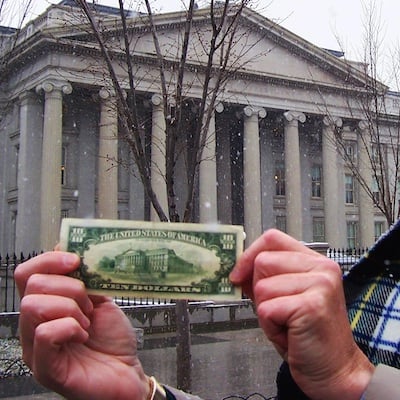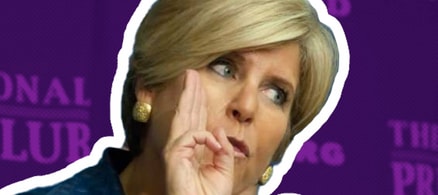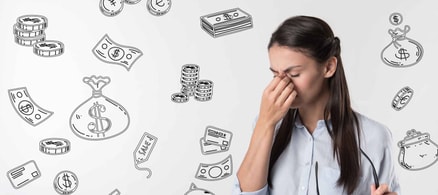Gig economy
5.1% of the American workforce holds down multiple jobs, according to data published by the St. Louis Federal Reserve. Meanwhile, the Harvard Business Review estimated that roughly 150 million people across North America and Europe are independent contractors working flexible gigs.
Kiki is part of this hustle culture. Her most lucrative gigs were bottle service at a nightclub in Houston, Texas, and a part-time job as a supervisor at a local law firm. However, she’s dissatisfied with both gigs and wants to pursue other ventures, such as teaching at an independent school, offering lip injections, and subletting an apartment unit.
Unfortunately, these ventures require investments, but haven’t turned a profit. “Sounds like you have a new job every three seconds of your life, but you’re not making anything,” Hammer observed. “You’ve given up the actual income sources.”
This fact isn’t lost on Kiki and she eventually admitted that “saying it out loud, it doesn’t make sense.”
According to LendingTree, 1 in 5 small businesses fail within the first year of operation. Cash flow problems and poor management are some of the leading causes of business failure, according to the U.S. Chamber of Commerce.
On her current path, Kiki risks becoming part of this unfortunate statistic.
How to get a free $20 to invest in your future
An app called Acorns automatically rounds up purchases made on your credit or debit card to the nearest dollar and places the excess "change" into a smart investment portfolio. Acorns offers a $20 welcome bonus, immediately from your first investment.
Get $20Bad management
Managing cash flow is an essential part of being an independent contractor. Kiki, however, has neglected her monthly income and expense reports. “To be honest, I don’t even keep track, because as soon as I get [the money] it goes away; I spend it,” she admitted.
Her numerous overdrafts made it clear that her personal finances are cash flow negative. One of the reasons for this is her frequent reliance on food delivery services. “If you think about the hours that I work, I don’t have time to cook,” she explained, calling DoorDash a “guilty pleasure.” “Clicking is easier than making that sandwich.”
Hammer estimated that roughly 4.6% of Kiki’s monthly budget is spent on unnecessary food items, while another 30.2% on miscellaneous stuff he doesn’t deem necessary.
While her bank account is drained by unnecessary spending, her student loans have been piling up.
Kiki has accumulated $10,095 in student loans from studying for a criminal justice degree. Minimum payments on this loan have been debited from her account, but she insisted she didn't know why and hasn’t been actively paying the loan back in anticipation of federal debt relief.
‘Maybe Joe Biden is going to take care of it,” she said. The Biden administration’s first attempt at student loan forgiveness was blocked by the Supreme Court; however, they have approved $132 billion in write-offs through other maneuvers.
Nevertheless, Americans are still collectively sitting on $1.6 trillion in student loans as of the end of 2023, according to the Federal Reserve.
Kiki blamed the stars for her predicament. “Mercury was in retrograde” for several years, she explained, but Hammer isn’t convinced: “You did it, you’re your own planet in retrograde!”
Instead of waiting for the stars to align, Hammer suggested proactively reshaping her finances to salvage the situation. He recommended cutting back on all unnecessary purchases, eliminating most business ventures, and using her criminal justice degree to get a steady job for at least a year until she can establish an emergency savings fund.
A safety net, he said, would allow her to pursue riskier ventures in the future, should she decide to. In fact, this was the strategy Hammer used to build his own business. “I have full-time employees,” he said. “I would never have gotten into [this business] without a 12-month emergency fund. I would have never gone into that if I had bad debt hanging over my head.”
Sponsored
Follow These Steps if you Want to Retire Early
Secure your financial future with a tailored plan to maximize investments, navigate taxes, and retire comfortably.
Zoe Financial is an online platform that can match you with a network of vetted fiduciary advisors who are evaluated based on their credentials, education, experience, and pricing. The best part? - there is no fee to find an advisor.







